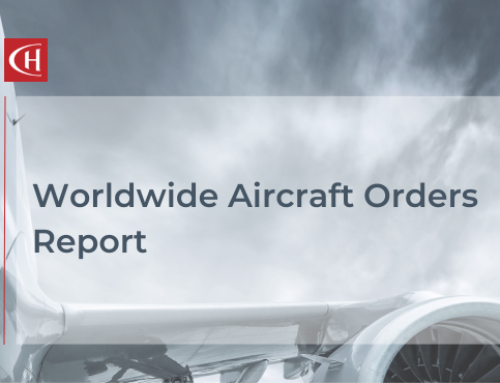Reading through the global news headlines I couldn’t help noticing that, for the last few weeks, most of the world’s attention has centred on Washington’s relationship with two of its longtime foes – North Korea and Iran. The former intent on threatening its way out of its current economic and diplomatic chokehold, the latter trying to keep a hold of a valuable international deal that has reaped great rewards for local industry – aviation in particular.
But there is one more pariah state that has quietly been re-engaging with the United States over these past few months and is now starting to see the benefits that cooperation with Washington, rather than endless belligerence, can bring.
Sudan.
A bit of background. Sudan was once one of North Africa’s bad boys, like Libya under Gaddafi but without the secret nuclear weapons programme (though there have been allegations of chemical and biological weapons programmes). In the early to mid-1990s, Sudan was haven to a variety of terrorist leaders including the infamous Carlos the Jackal and even Osama bin Laden.
It was against this backdrop, and amid concerns about its links to militant Islamist and international terrorist organizations, that in late 1997 the US imposed comprehensive economic, trade, and financial sanctions on Sudan. This climaxed in late 1998 when, following coordinated attacks against US embassies in Dar es Salaam and Nairobi, the US launched cruise missile strikes against the Al-Shifa pharmaceutical factory in Khartoum. The factory was under suspicion for being a front for al-Qaeda and the production of VX nerve agent.
Khartoum’s status as a pariah was further cemented in May 2007 when President George W. Bush imposed new economic sanctions on Sudan in response to its government’s continued complicity in unabated violence occurring in Darfur. The sanctions froze the assets of Sudanese citizens implicated in the Darfur violence, and also sanctioned additional companies owned or controlled by the Government of Sudan. Among those most affected was Sudan Airways – the state-owned national carrier – as well as the country’s aviation sector at large. The supply of aircraft and spares to Sudan was prohibited, leading to a massive decline in the Sudanese aviation market both in terms of capacity as well as safety.
Now despite Sudan’s blacklisting, its economy fared reasonably well up until oil-rich South Sudan’s secession in 2011. And even then, it still managed to eke by – that is, until oil lost its sheen and prices collapsed in 2014. Suddenly the cost of irritating Washington and fighting a civil war became a burden too great to bear for Omar al-Bashir.
So it was in January this year when Sudanese Foreign Minister Ibrahim Ghandour announced, to the shock of many in the international community, that following six months of secret negotiations with the Americans, Washington had decided to ease its embargo against Khartoum given its recent cooperation in fighting Islamic State and other terror groups.
[av_one_third first av_uid=’av-2j64ye’]
Suddenly the cost of irritating Washington and fighting a civil war became a burden too great to bear
[/av_one_third]
Since then, many US and Western firms have reportedly made visits to Sudan to suss out contracts, and among those set to benefit in the near future is Sudan Airways.
Our ch-aviation PRO subscribers will have noticed that Sudan Airways’ general manager Hamad Elnil Yousuf has been quoted frequently in recent weeks talking about the reactivation of its long-mothballed A300 and A320 fleets. A deal with ally Saudi Arabia for B777s, A330 freighters, and EMB-170s among others has also been mentioned but not yet officially confirmed. To add to that, privately-owned Nova Airways has also announced plans to acquire widebody metal for its own long-haul services. More developments are expected in the coming weeks.
It may not quite be on the scale of the Iranian aviation renaissance, but one step at a time. I recall back during the hardliner Mahmoud Ahmadinejad’s administration in Tehran that it seemed Hell would freeze over first before Iran and the US signed a comprehensive deal. And yet, it eventually happened (albeit under the moderate Hassan Rouhani). So who knows, maybe in another ten years, assuming it hasn’t been bombed, as the late US General Curtis LeMay would have put it, “back into the Stone Age”, the same may occur with North Korea?
I’m not holding my breath right now, but, as you’ve just read, never say never.




